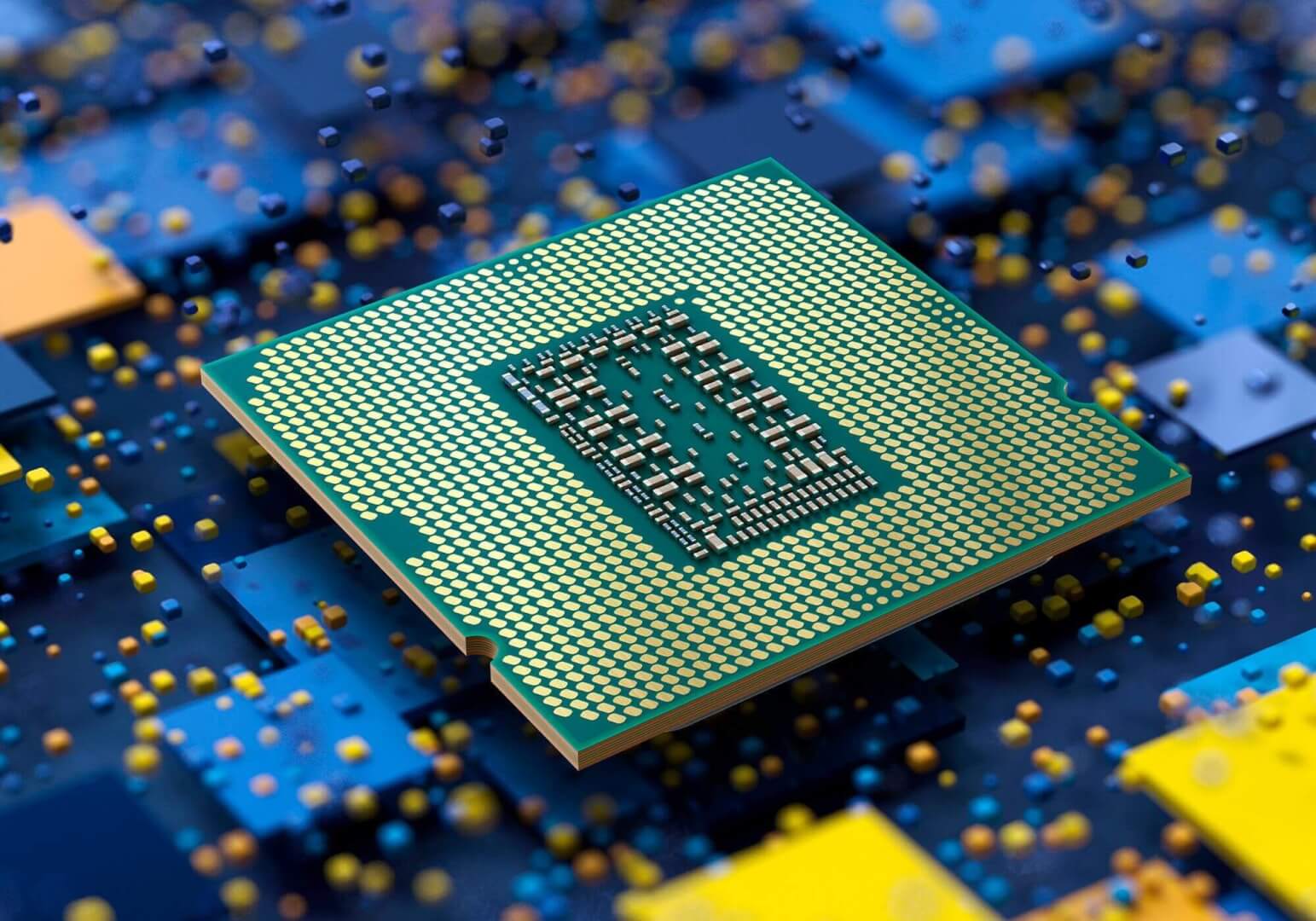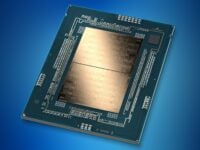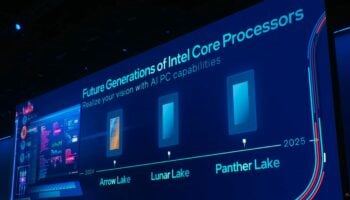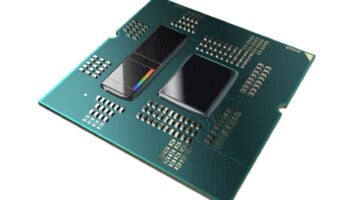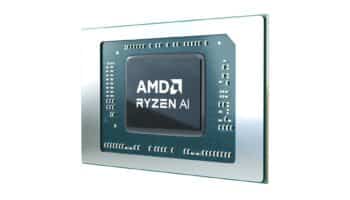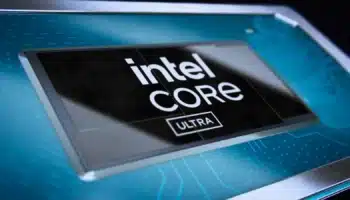Intel CEO Pat Gelsinger has been taking swipes at TSMC and Samsung almost consistently over the last few months. As part of the IDM 2.0 strategy, the chipmaker has been trying to expand chip production on US soil with hopes of restoring the nation to its pre-90s semicon glory. This requires persuading the Biden Gov to exclude Asian foundries from the US Chips Act (aimed at strengthening the manufacturing capabilities of the country). In addition to securing funds from the Chips Act, Gelsinger has also been touring European countries with hopes of securing local subsidies. However, that alone won’t be enough.
Intel has been expanding into the GPU space which means more production capacity, something that can’t be pulled out of thin air. For this purpose, the chipmaker is working with TSMC to produce its first generation of Arc “Alchemist” graphics cards. Going by rumors, Intel will rely on TSMC for the production of its next 2-3 GPU lineups. This requires securing a part of the advanced process node pie, namely 5nm, 3nm, and potentially even 2nm.
The problem is that these nodes are already heavily contested by Intel’s rivals, most notably AMD, NVIDIA, Qualcomm, Apple, etc. Getting access to these won’t be easy and will cost quite a bit, but it’s something that Team Blue desperately needs. For this purpose, Pat will be touring Taiwan next week and meeting the leaders of TSMC.
In addition to the Arc graphics cards, parts of the Ponte Vecchio HPC accelerator will also be fabbed on TSMC’s 5nm node. Intel’s first tiled consumer CPUs (Meteor and Arrow Lake) might also off-source part of the tiles to TSMC or Samsung, depending on how much capacity is required.
Speaking about the matter, Gelsinger has said that competition and cooperation between companies is nothing new and technology is full of such arrangements. Intel has used TSMC’s mature nodes for manufacturing its less important products for ages now, but offloading a major chip family is a first.
Gelsinger will also visit Malaysia, where Covid-related shutdowns of plants have halted/slowed down production, thereby worsening the chip shortages. Intel relies on the Southeast Asian country for some of its chip packaging operations. 50% of the company’s overall processor supply is packaged in Malaysia while a notable chunk of AMD’s Ryzen 3000 and 5000 processors are also packaged in the country.
Via: Bloomberg
